Intro
Investing in crypto can be exciting — and it may play an important role in your overall portfolio. But when it comes to taxes, things can get confusing quickly. Should you expect different tax treatment if you buy Bitcoin or Ethereum directly versus investing through a crypto ETF?
I’m Steve Boorstein, PharmD & CFP®, Founder & CEO of RockCrest Financial in Somers Point, New Jersey. Today, I’ll break down the key differences in how the IRS treats direct crypto ownership versus crypto ETFs, so you can better understand what might fit your situation.
(Disclaimer: This content is for informational purposes only, not tax or financial advice. Please consult a qualified tax professional for personalized guidance.)
Direct Cryptocurrency Ownership
When you buy crypto directly, you hold the actual digital assets — like Bitcoin, Ethereum, or XRP. That ownership comes with unique tax rules:
- Taxable events: Every sale, trade, or even purchase of goods with crypto counts as a taxable event.
- Capital gains & losses: Gains depend on the difference between your cost basis (what you paid) and your selling price. Short-term (held < 1 year) are taxed at ordinary income rates; long-term (1+ year) often at lower rates.
- Income taxation: Mining and staking rewards are usually treated as ordinary income.
- Tax-loss harvesting advantage: You can sell crypto at a loss to offset gains. Importantly, the wash sale rule does not currently apply to crypto (because the IRS treats crypto as property, not securities). This means you could sell at a loss and immediately repurchase — still claiming the tax benefit.
(Note: This loophole may close in the future, so stay updated.)
Crypto ETFs
Crypto ETFs (exchange-traded funds) track the price of one cryptocurrency or a basket of them. Instead of owning Bitcoin directly, you own shares of a fund (e.g., BlackRock’s Bitcoin ETF).
Here’s how they differ tax-wise:
- Taxable events: You’re only taxed when you buy or sell ETF shares, just like with stocks.
- Internal trading: The ETF provider manages the crypto trades inside the fund — those don’t create taxable events for you.
- Dividends: Some crypto ETFs may pay dividends, taxed as ordinary income.
- Wash sale rule applies: Because ETFs are securities, the wash sale rule does apply. Sell at a loss, repurchase within 30 days, and you can’t claim the loss.
Direct Crypto vs. Crypto ETFs: Key Differences (Summary)
- Direct Crypto
- More frequent taxable events
- Wash sale rule does not apply (for now)
- Potentially better for tax-loss harvesting
- Requires meticulous recordkeeping
- Crypto ETFs
- Taxed like stocks (simpler)
- Wash sale rule applies
- Internal trading not taxable to you
- Convenient, but less direct control
Which Is Better?
There’s no one-size-fits-all answer.
- Direct ownership gives you more control and flexibility — but also more tax complexity.
- Crypto ETFs offer simplicity and convenience — but are subject to wash sale rules and lack direct asset control.
The right choice depends on your investment strategy, tax situation, and risk tolerance. Always work with a qualified tax professional before making decisions.
If you found this breakdown helpful, consider subscribing to our newsletter or checking out more resources on crypto investing and financial planning at Rockcrest Financial.

